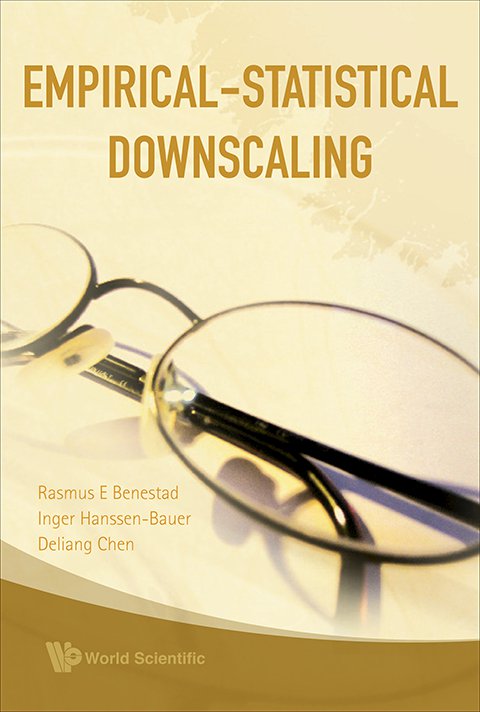System Upgrade on Tue, May 28th, 2024 at 2am (EDT)
Existing users will be able to log into the site and access content. However, E-commerce and registration of new users may not be available for up to 12 hours.For online purchase, please visit us again. Contact us at customercare@wspc.com for any enquiries.
Empirical-statistical downscaling (ESD) is a method for estimating how local climatic variables are affected by large-scale climatic conditions. ESD has been applied to local climate/weather studies for years, but there are few — if any — textbooks on the subject. It is also anticipated that ESD will become more important and commonplace in the future, as anthropogenic global warming proceeds. Thus, a textbook on ESD will be important for next-generation climate scientists.
Sample Chapter(s)
Chapter 1: Introduction (1,529 KB)
Chapter 2: Downscaling Strategies (513 KB)
Chapter 3: Predictors And Preprocessing (1,076 KB)
Contents:
- Downscaling Strategies
- Predictors and Preprocessing
- Linear Techniques
- Nonlinear Techniques
- Predictions and Diagnostics
- Shortcomings and Limitations
- Reducing Uncertainties
- Downscaling Extremes and PDFs
- Weather Generator
- Implementing ESD
Readership: Graduate students, academics and researchers in the field of climatology, geography and hydrology.

























